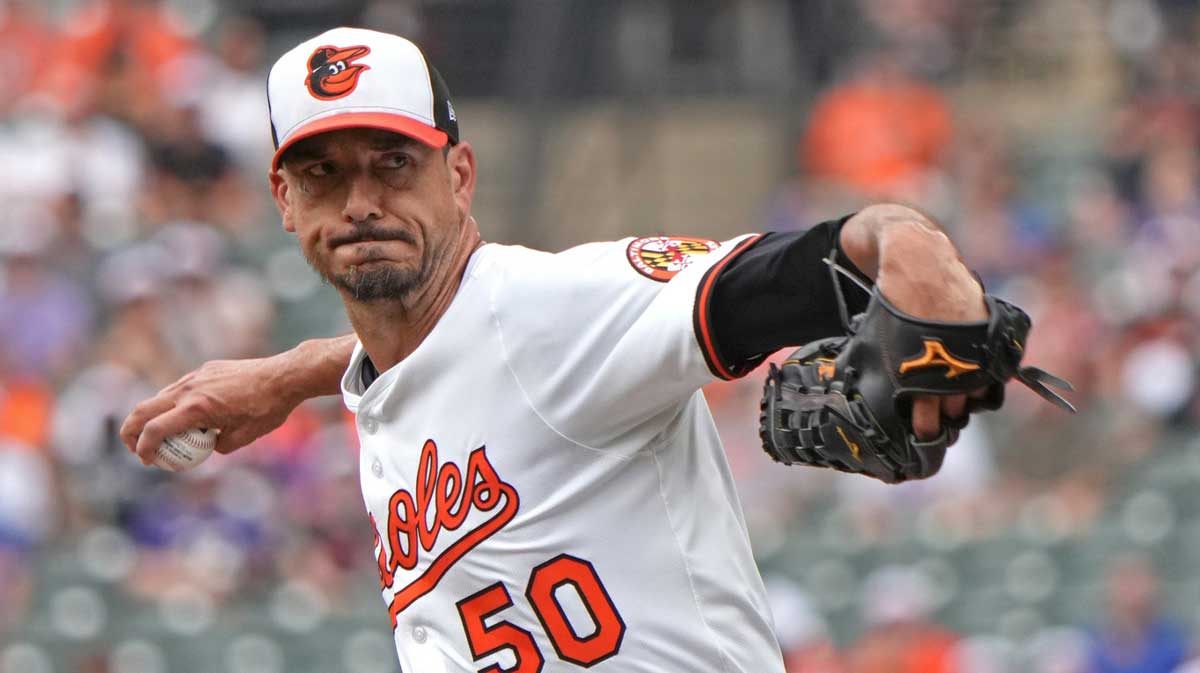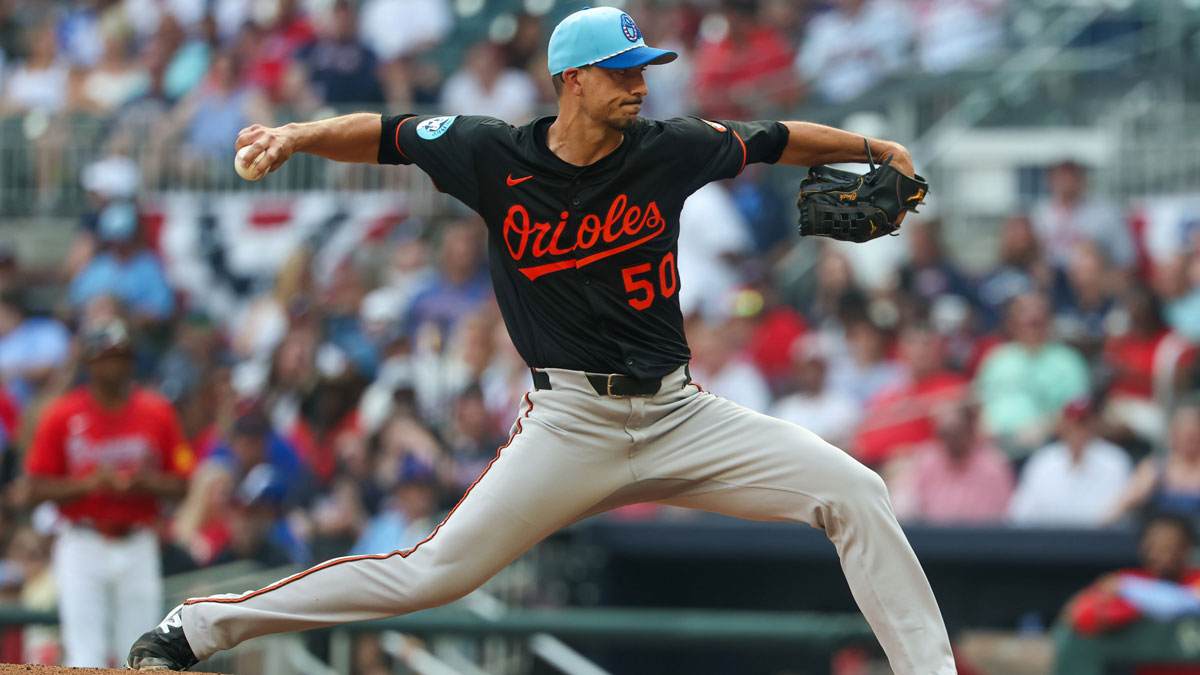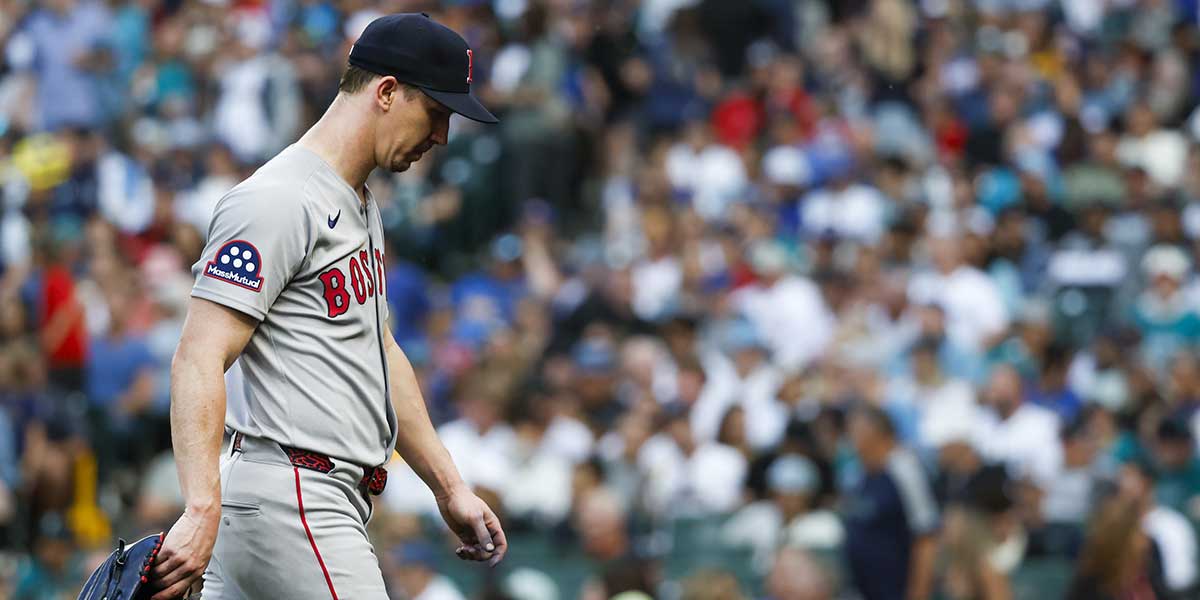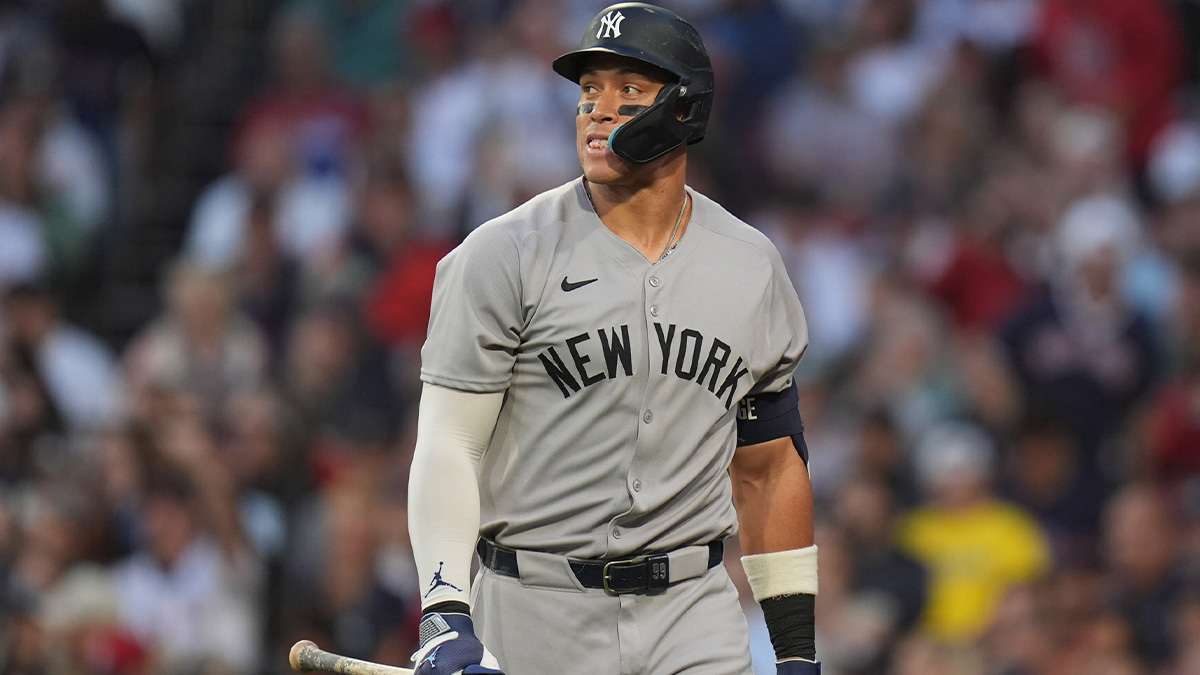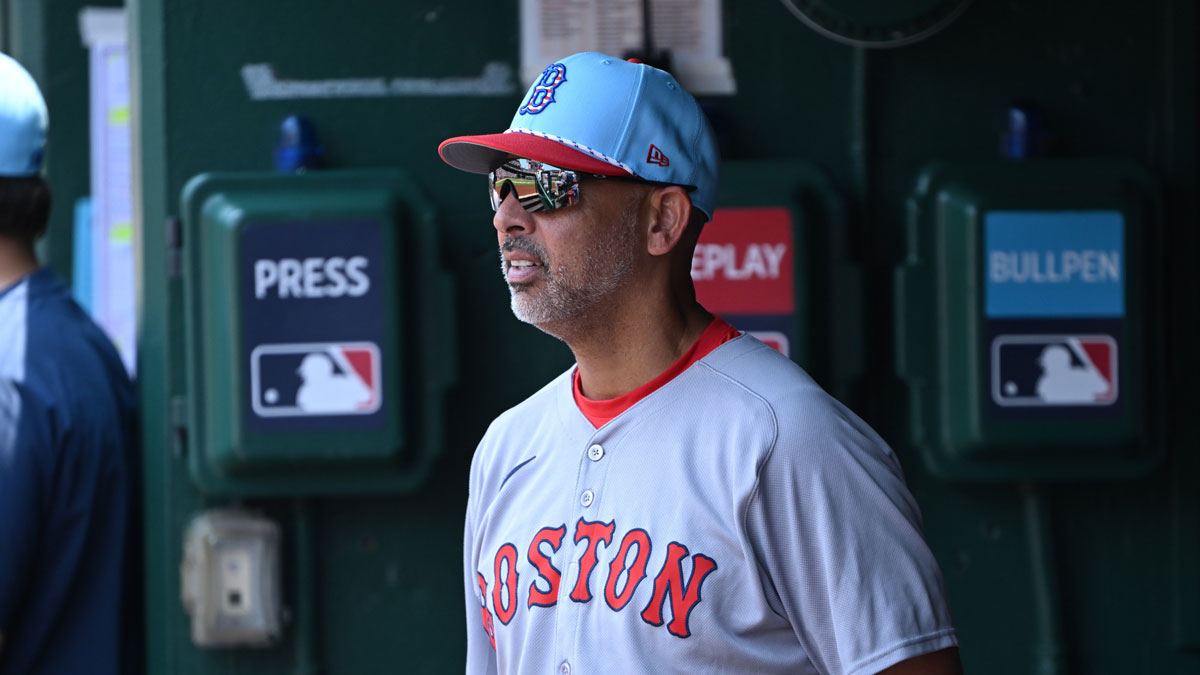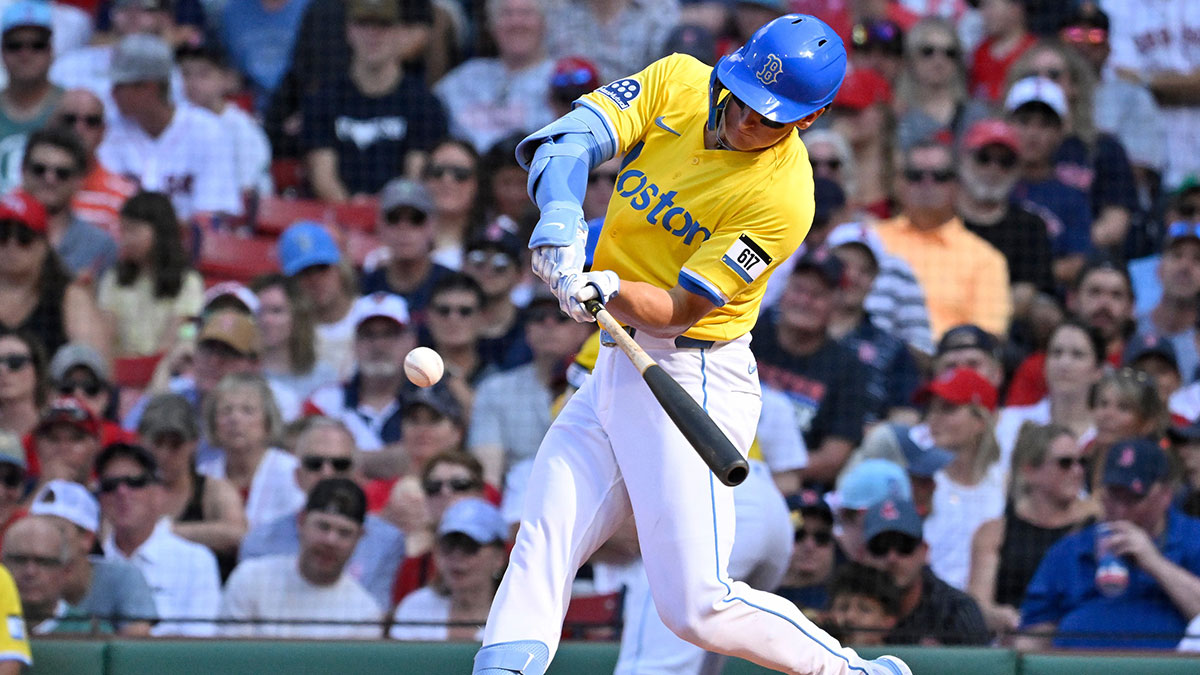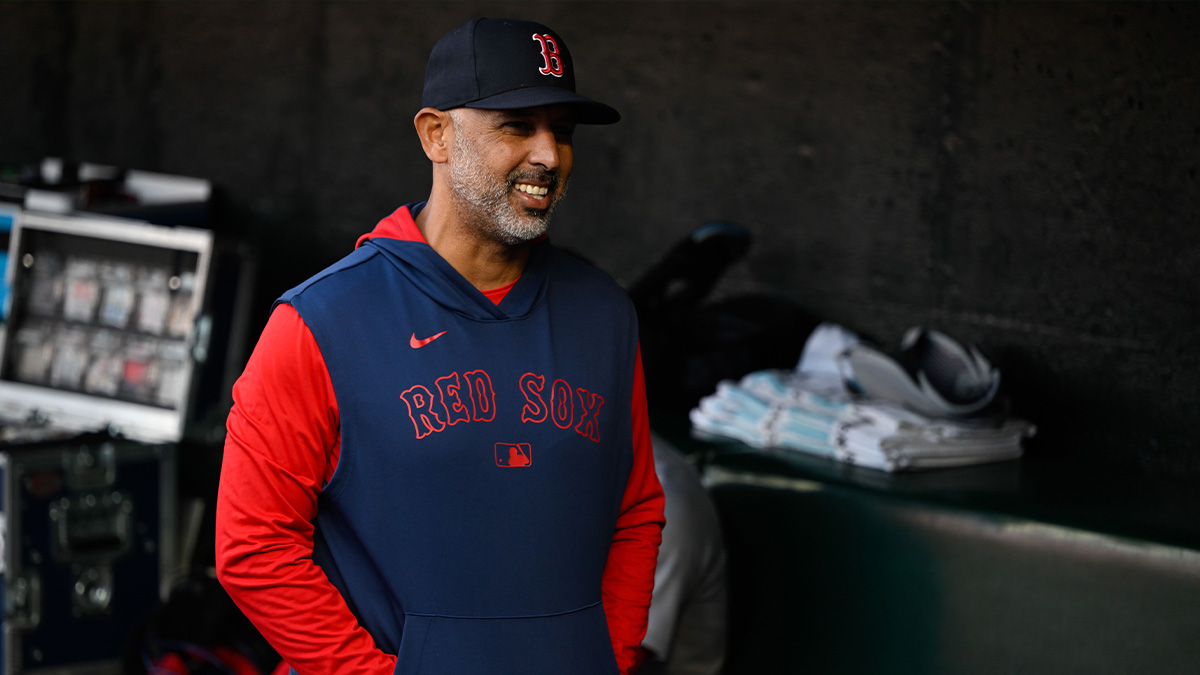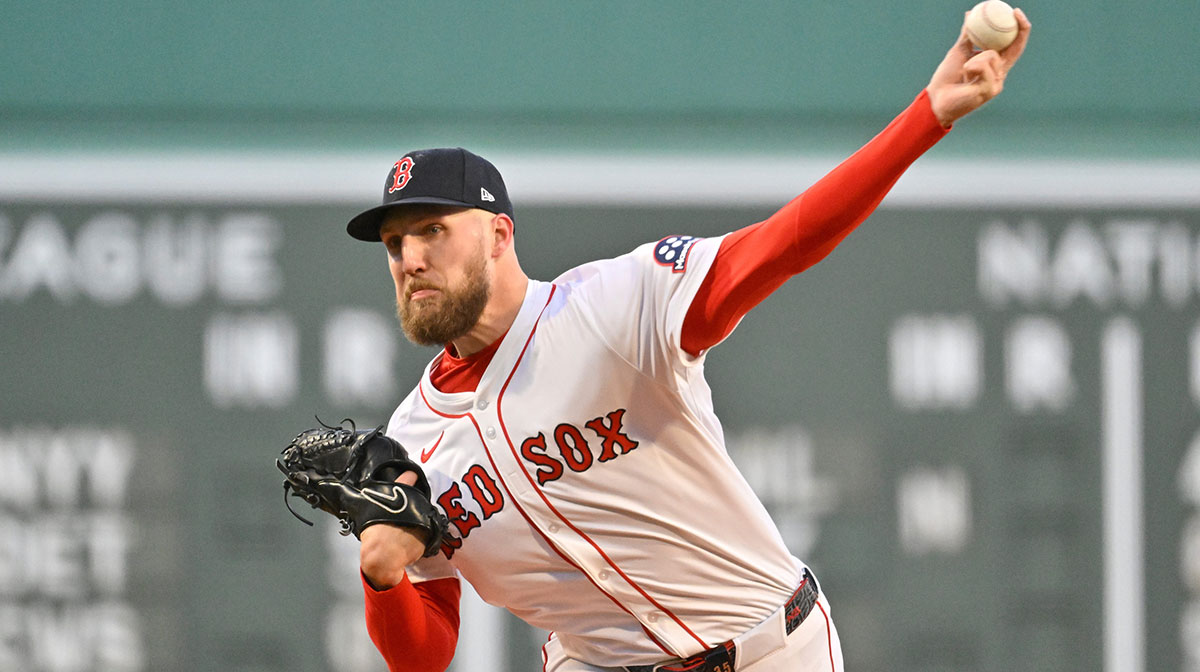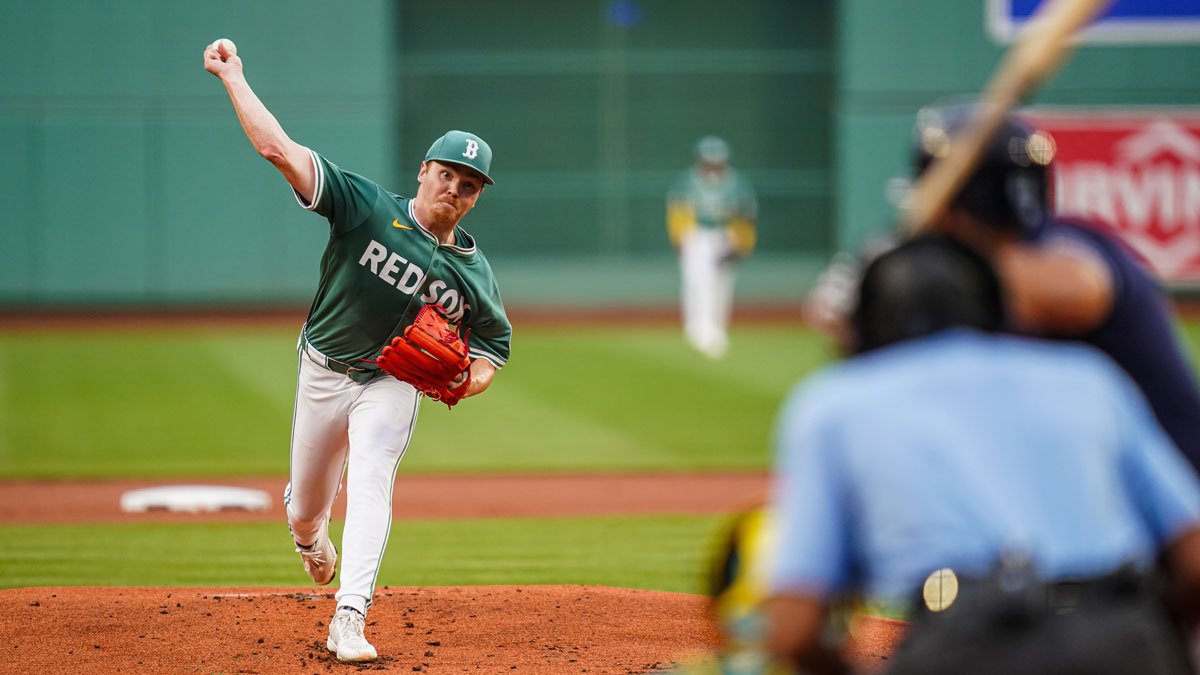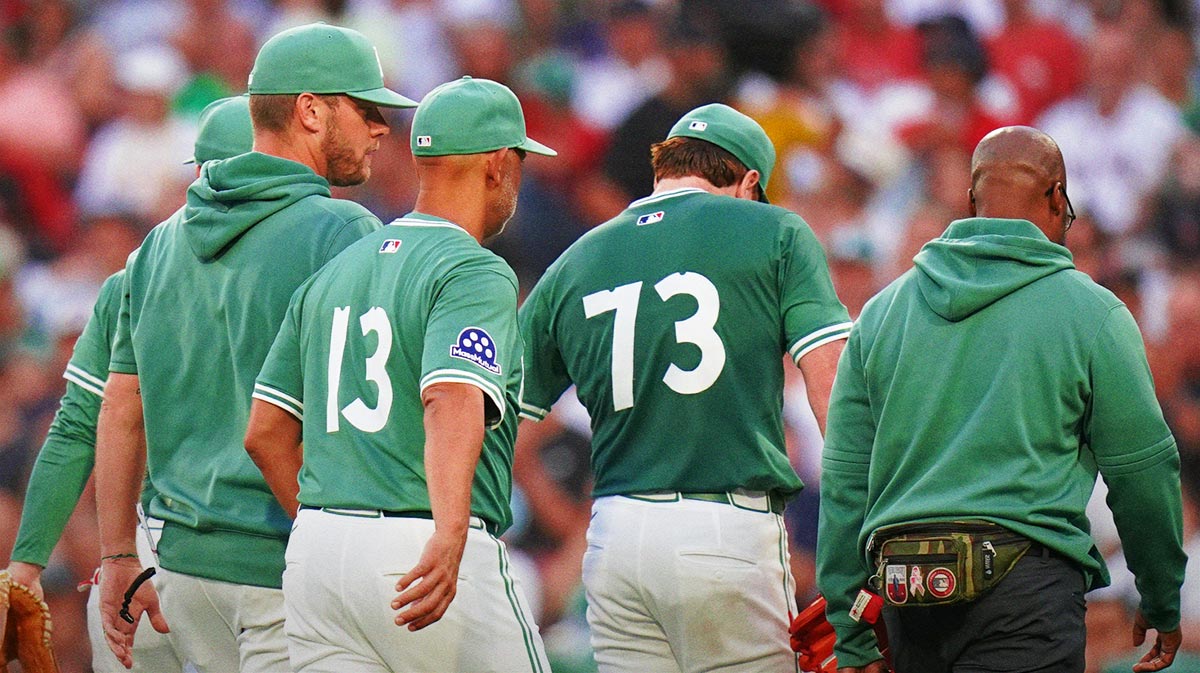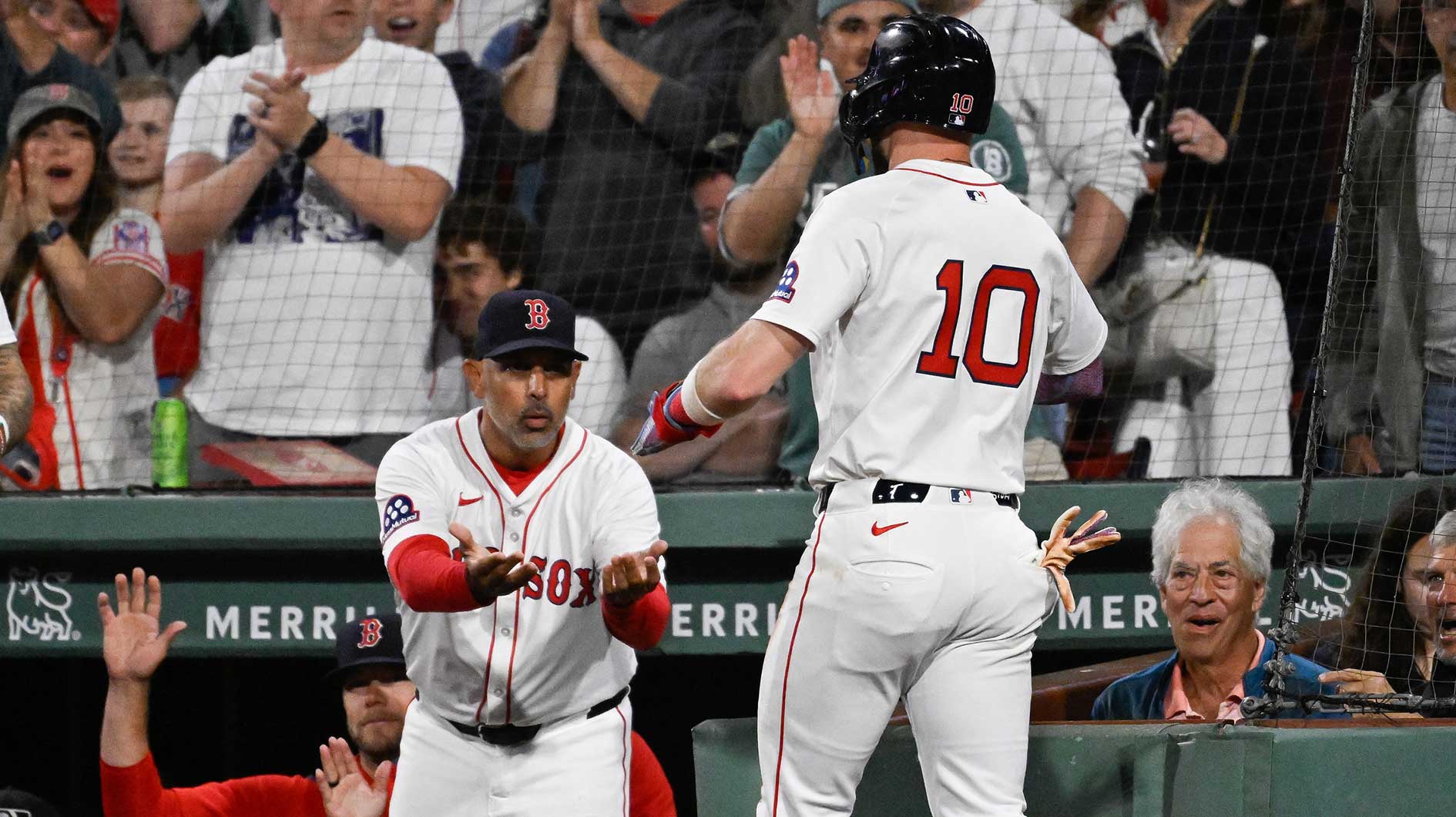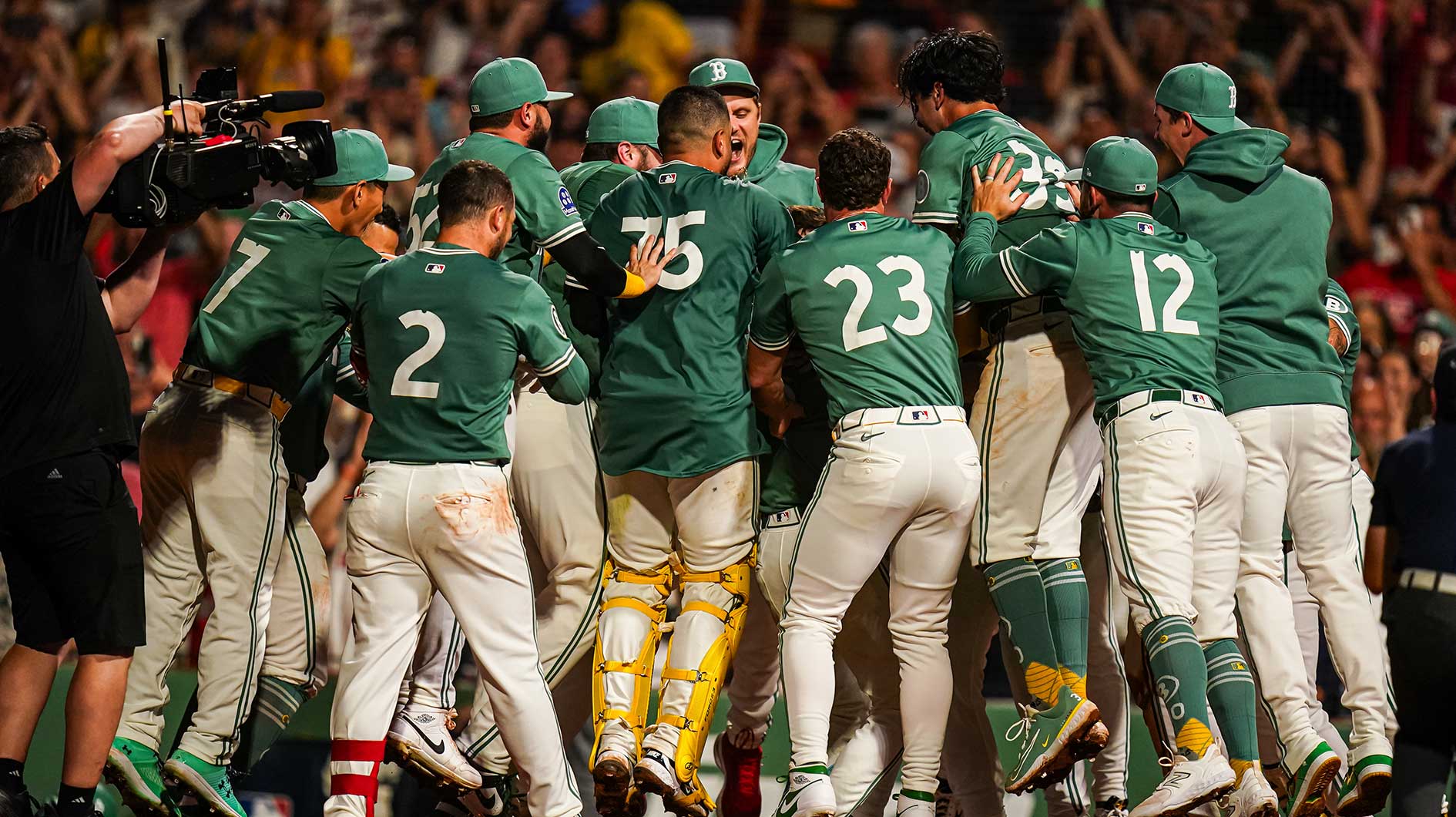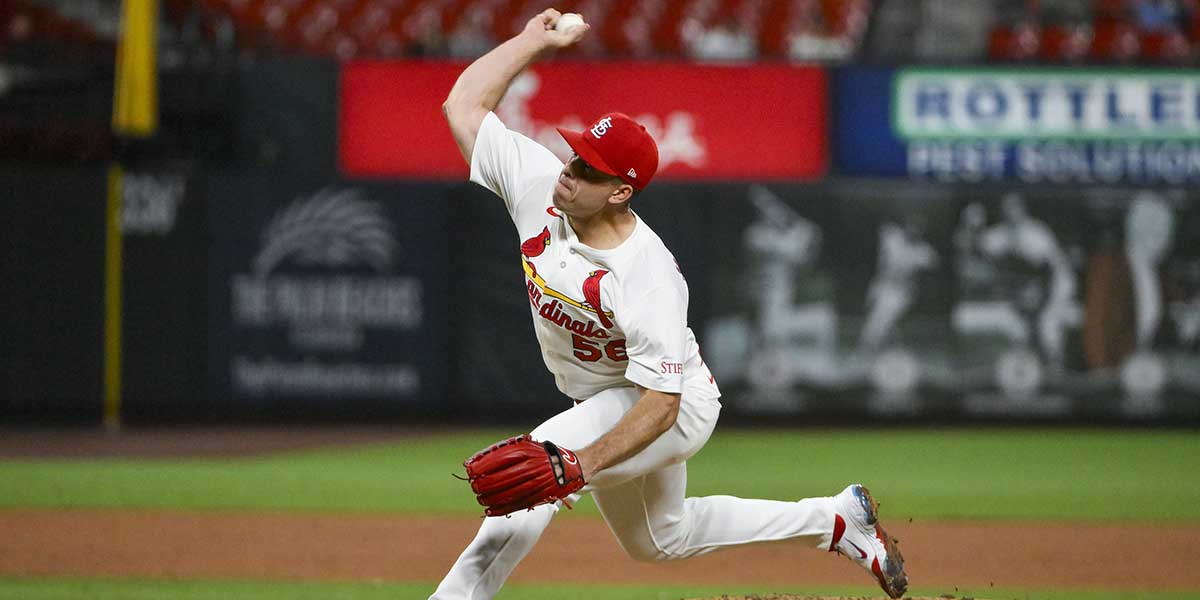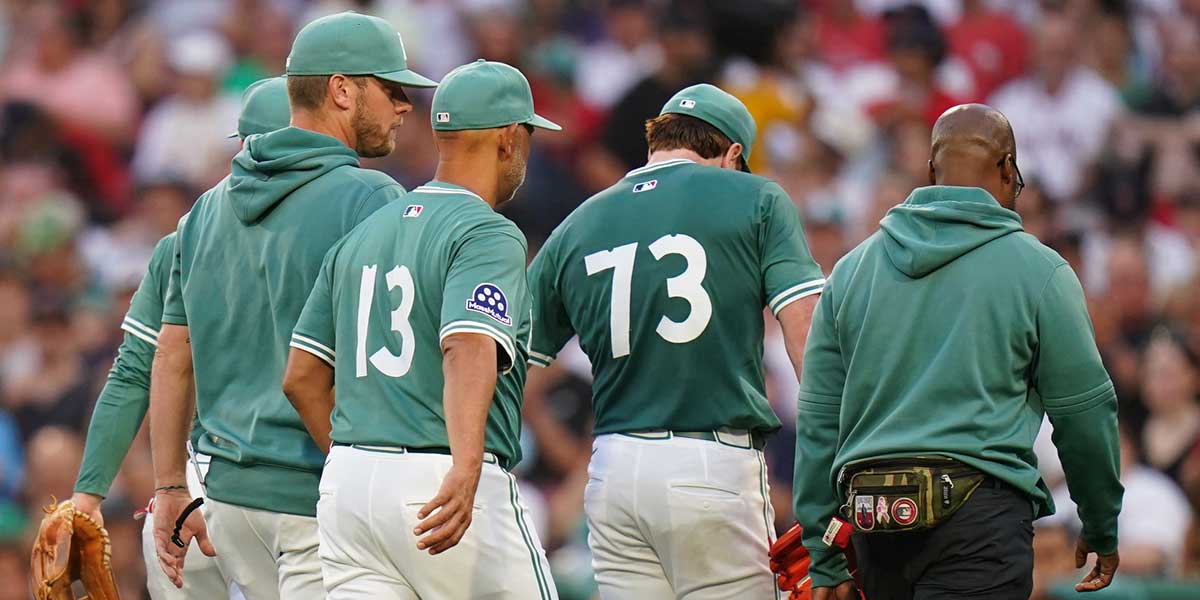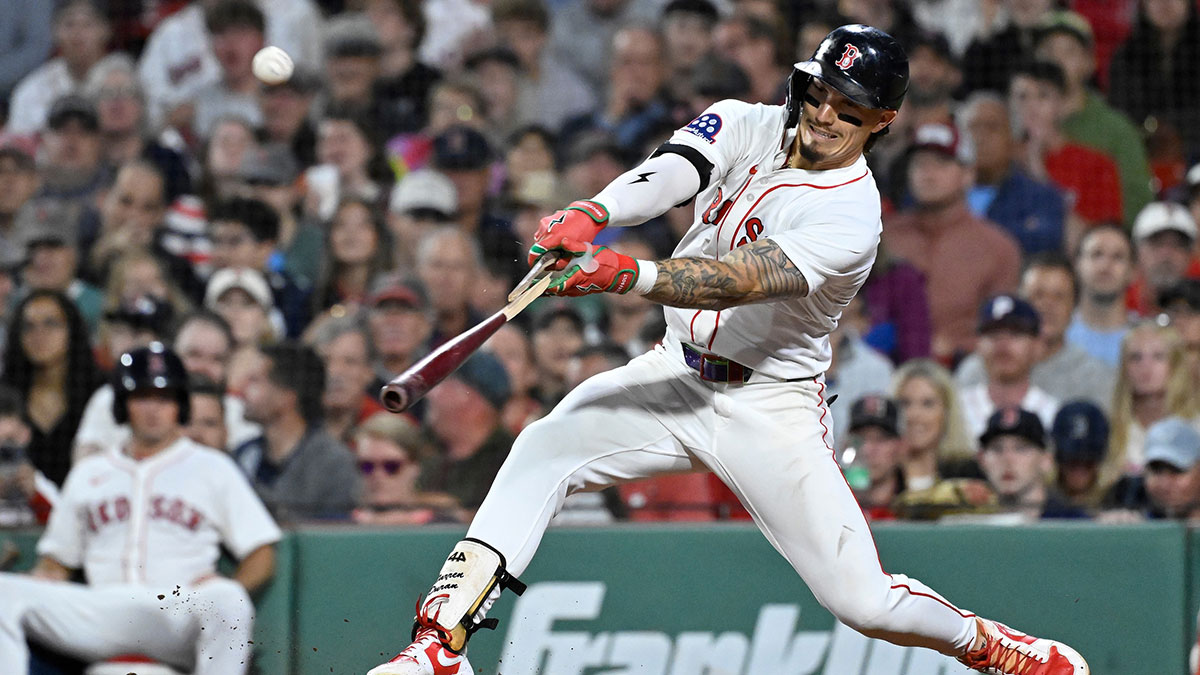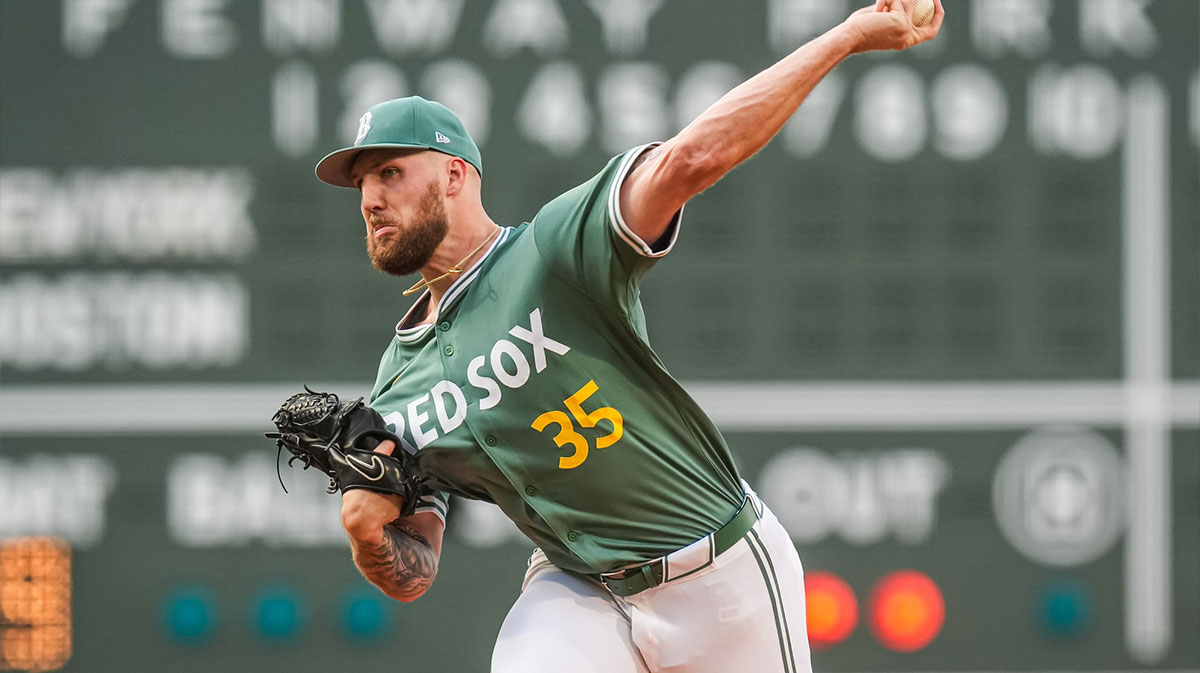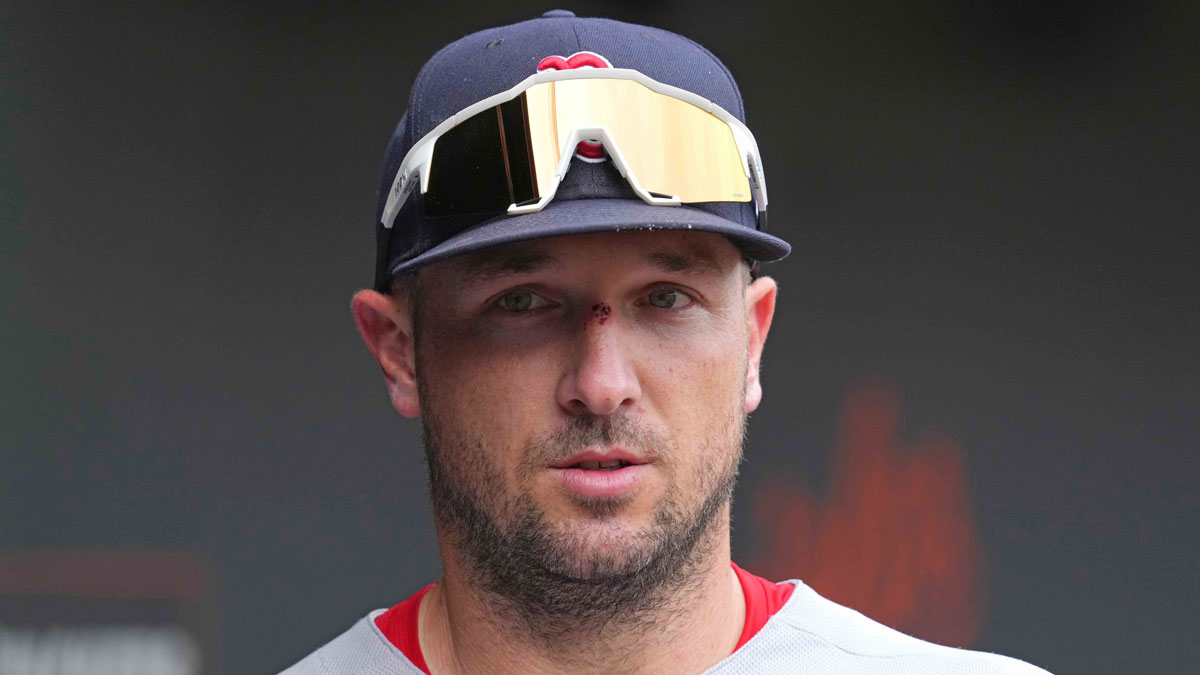When the Boston Red Sox won the 2018 World Series, they proved why they were one of the best teams in the history of Major League Baseball. With a potent offense led by American League MVP Mookie Betts and a pitching staff anchored by Chris Sale, the Red Sox were one of the most well-balanced teams in the game.
Yet for all of the team success that they had achieved in 2018, there was still a general feeling that the Red Sox were very top-heavy, ultimately relying on guys like Mookie Betts and Andrew Benintendi, among others.
Some of Boston's less heralded position players–like Rafael Devers and Jackie Bradley Jr.—had experienced a good level of inconsistency, and the Red Sox pieced together a group that seemed to prosper in part because Betts and Benintendi were so successful at the top of the lineup.
As of July 17, the Red Sox lead the majors in runs scored, though it has hardly been Betts and Benintendi that have steered the ship this season. While Betts has still had a very good all-around campaign (18th in baseball in terms of fWAR), he has not been the same kind of transcendent talent that he was when he won the MVP last year.
Rather, Boston's offense has thrived mostly due in part to major strides on behalf of Devers and shortstop Xander Bogaerts, both of whom deserve more recognition as MVP candidates in the American League.
Bogaerts capitalizing on extension
Perhaps one of the most underrated moves of the offseason was the six-year, $120 million extension that the Red Sox gave Bogaerts at the beginning of the season.
While Boston made headlines for extending Chris Sale and failing to gain ground on an extension with Betts, they made sure to lock their star shortstop up through at least 2025. Thus far, that decision is already paying major dividends.
Bogaerts has always seemed to be one of the most unheralded stars in baseball, particularly at the shortstop position. While guys like Javier Baez and Francisco Lindor have won fans over with their charisma and lovable nature in addition to stellar on-field play, Bogaerts has had a more workmanlike approach.
Yet from 2014–Bogaerts' first full season in the bigs–to 2019, the “X-Man” ranks second among shortstops in total fWAR behind only Lindor (Manny Machado tops the list, but he is not a full-time shortstop like Lindor or Bogaerts).
Buoyed by his recent extension, Bogaerts has reached a new level this year. As of July 17, the Aruba native ranked fourth in all of baseball in fWAR, and second in the American League behind Mike Trout.
With 21 homers already, Bogaerts is easily going to surpass his prior career high of 23, which he set last season. He is also on pace to surpass 120 RBIs–which would be another career high–while hitting .312 and posting a 150 wRC+, sixth-best in the MLB and tops among shortstops.
Although his -15 Defensive Runs Saved (DRS) and -0.4 Ultimate Zone Rating (UZR) look extremely ugly on the surface, Bogaerts' 3.8 FanGraphs “Defense” value suggests he is an above-average defender.
There is no question that Bogaerts is having the finest season of his career. He is making hard contact nearly 50 percent of the time, and his .407 wOBA ranks in the top two percent of the league, according to MLB Statcast.
Bogaerts may not be the most outspoken of superstars, but he is most certainly in that class of elite players.
Until this year, however, that same distinction could not be made for the guy playing just a few feet to his right.
Devers breaks out
Sure, Bogaerts may be “under the radar” as far as star players go, but Rafael Devers is having one of the most underappreciated seasons in the bigs this year.
In his second full season–he played just 58 games in 2017–Devers is slashing .322/.378/.546 with 17 homers and a 137 wRC+, ranking 10th in the majors in fWAR.
Devers' success this season has stemmed from a more aggressive approach early in the counts, resulting in a higher overall contact percentage. Even though Devers is chasing a higher percent of pitches out of the zone, his plate coverage has allowed him to make hard contact at an incredibly consistent rate.
Like Bogaerts, Devers's hard-hit percentage is close to 50 percent, and his 92.7 mph average exit velocity is in the top three percent of the league, according to MLB Statcast. Similarly, Devers is attacking fastballs. He hit just .227 against heaters last year, but is crushing hard stuff to the tune of a .328 batting average and .559 slugging percentage.
This offensive progression is especially impressive because Devers has cut his strikeout rate by nine percent and is still roasting baseballs in spite of having a higher swing rate. However, his progression with the glove is arguably more notable.
Devers was one of the worst defensive third basemen in the game last season, racking up -13 DRS, a -4.5 UZR and -3.0 “Defense” rating. This year, he is running a positive UZR (0.5) and “Defense” value (1.7) while his fielding percentage has gone from .926 in 2018 to .948 in 2019.
Yet for all of the all-around improvements that Devers has made to his game, he lacks the kind of recognition that other star players are getting. Red Sox fans did not turn out to vote for the All-Star game, but Devers getting snubbed is equivalent to highway robbery.
Boston is going to have to fight tooth and nail in order to reach the playoffs. But whether or not the Red Sox make the playoffs, MVP voters need to show some love to both Bogaerts and Devers for their contributions this season.


